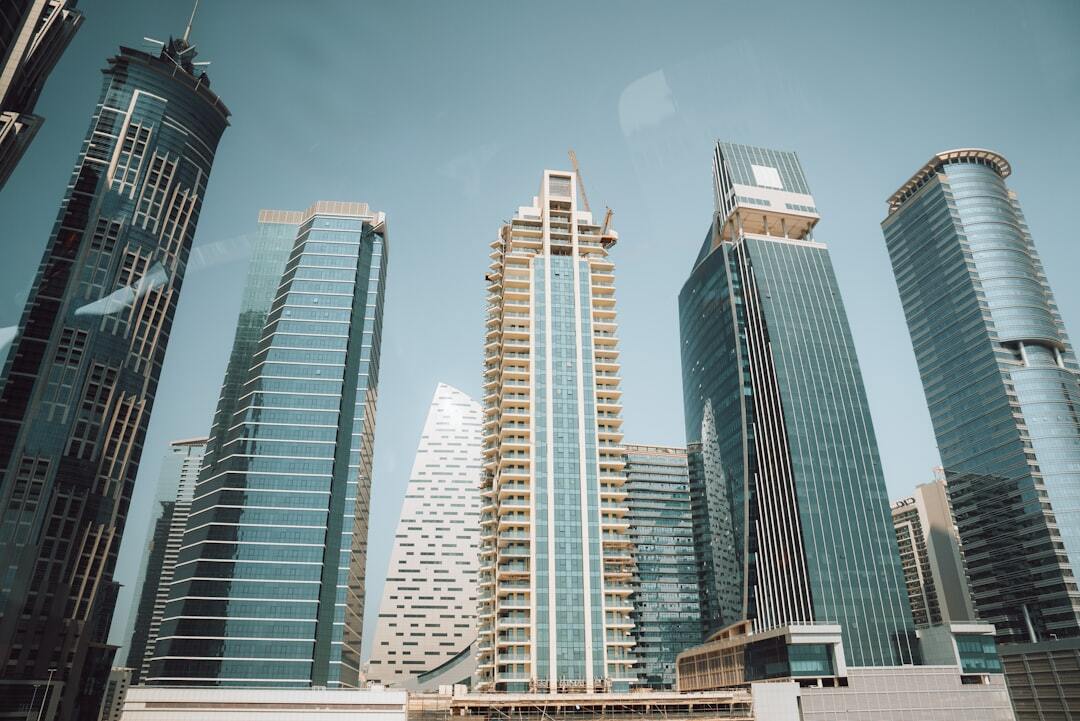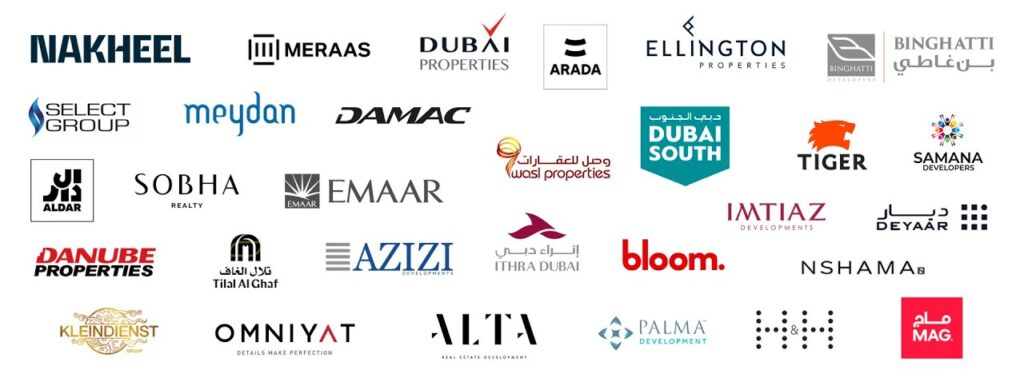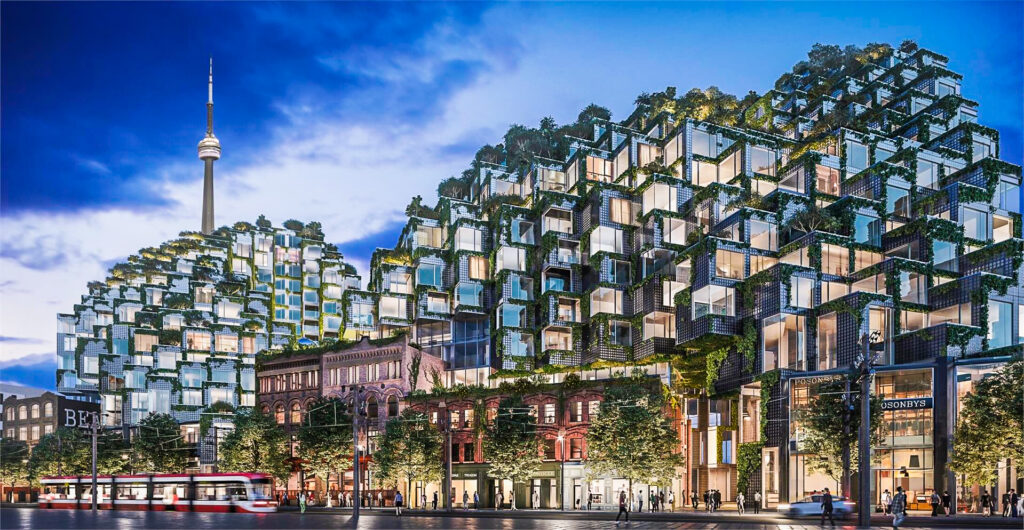The real estate market in the UAE is abuzz with activity as waiting lists for rentals in some communities have emerged amid record occupancy rates in Abu Dhabi. This surge in demand comes as no surprise, given the overall positive sentiment in the region's property sector. With more and more people looking to rent homes in popular neighborhoods, landlords are finding themselves in a favorable position.
Abu Dhabi, in particular, has seen a significant uptick in occupancy rates, with properties in high demand across the emirate. This trend is driven by various factors, including the city's attractive infrastructure, amenities, and overall quality of life. As a result, many communities in Abu Dhabi are experiencing a shortage of available rental properties, leading to waiting lists being formed for prospective tenants eager to secure a home in their desired location.
The current scenario reflects the resilience and buoyancy of the UAE's real estate market, which has weathered various challenges over the years. Despite external factors such as the global economic slowdown and the ongoing pandemic, the property sector in the UAE has remained robust, with investors and tenants alike showing confidence in the market. This has translated into increased demand for rental properties, pushing occupancy rates to record highs in key areas like Abu Dhabi.
The rise in occupancy rates has also led to a corresponding increase in rental prices, as landlords seek to capitalize on the growing demand for housing. While this may pose a challenge for some tenants, it is a positive sign for property owners and investors looking to maximize their returns. The current situation highlights the dynamic nature of the real estate market in the UAE, where supply and demand play a crucial role in shaping property prices and rental trends.
For tenants looking to secure a rental property in popular communities, the waiting list phenomenon underscores the importance of acting swiftly and decisively. With competition for available properties heating up, prospective tenants need to be proactive in their search and ready to make quick decisions to secure a home in a desirable location. This dynamic environment requires tenants to be well-informed about market trends and rental prices, as well as flexible in their preferences to increase their chances of finding a suitable rental property.
As the UAE's real estate market continues to evolve, landlords and property developers are also adapting to the changing dynamics to meet the growing demand for housing. New developments and residential projects are underway in various parts of Abu Dhabi and other emirates, offering prospective tenants a wider range of options to choose from. This diversification of the property market is expected to ease the pressure on existing rental properties and provide tenants with more choices for their housing needs.
Overall, the current scenario in the UAE's real estate market reflects a positive outlook for investors, landlords, and tenants alike. With record occupancy rates, waiting lists for rentals, and a buoyant property sector, the outlook for the UAE's real estate market remains strong. As the country continues to attract investors and residents from around the world, the demand for housing is expected to remain high, driving further growth and development in the real estate sector.






